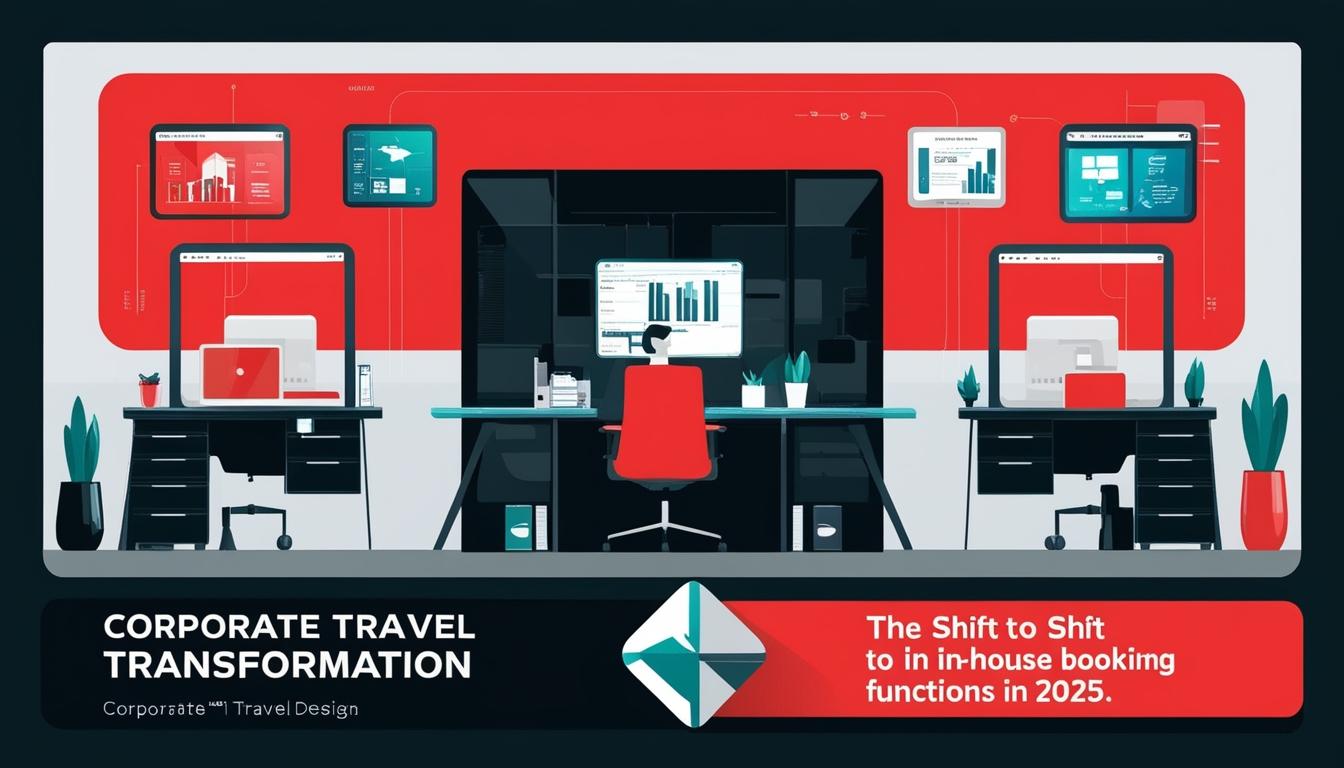As businesses prepare for the trends and transformations on the horizon in 2025, one significant consideration in the realm of corporate travel is the possible shift towards in-house booking functions. Scott Wylie, Chief Technology Officer for TripStax, shared his insights on this emerging trend during a discussion with The Business Travel Magazine. He noted that historical practices from the mid-1990s may be rejuvenated as more companies contemplate re-establishing in-house travel management teams.
Wylie’s remarks highlight a departure from a previous era when many large organisations managed their own corporate travel bookings and collected significant commissions on airline transactions. However, the dynamic landscape of travel management has evolved considerably, particularly since airline commissions largely disappeared. While in-house travel agencies became less common, their counterparts in the United States, known as corporate travel departments (CTDs), have maintained a foothold, especially in specific sectors like marine travel.
With advancements in technology, particularly in global distribution systems (GDS), Wylie asserts that companies can regain the capacity to manage travel bookings internally. He pointed out that modern systems have transitioned to more user-friendly, point-and-click interfaces, making it easier for teams to navigate booking processes without needing extensive training in airport and airline codes. Innovations from companies like TripStax have further enhanced accessibility to agency-level systems, creating opportunities for businesses to streamline their travel arrangements.
Wylie illustrates the evolution in booking methods, mentioning the progressive approach of New Distribution Capability (NDC) which allows for more flexible and efficient booking processes. He suggests that companies may find better deals with airlines if they opt for channels that help lower distribution costs. Additionally, this shift could facilitate greater control over travel data, an aspect that many travel managers are prioritising for increased operational efficiency.
Despite advocating for in-house booking operations, Wylie emphasised the ongoing importance of travel management companies (TMCs), recognising the value they provide in areas that require specialised expertise. He commented that TMCs could focus on high-value services that offer greater profit margins, ultimately creating a mutually beneficial arrangement.
As the business travel landscape prepares for these potential changes, Wylie’s perspective points to a future that may blend innovative technology with traditional practices, allowing organisations to manage their travel needs with increased efficacy and control. The evolution of corporate travel strategies is likely to continue as companies adapt to emerging technologies and the shifting needs of their workforce.
Source: Noah Wire Services
